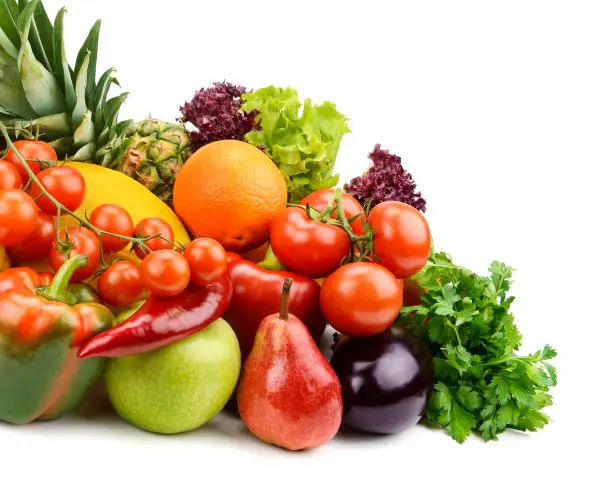Study: There Aren’t Enough Fruits and Vegetables to Give Everyone a Healthy Diet

By Amanda Froelich
A new study suggests that even if the majority of the populace wanted to eat healthier, there aren’t enough fresh fruits and vegetables to satiate the populace’s growing appetite.
The study, which published in the journal PLOS One, was conducted by researchers at the University of Guelph. The team looked at global agricultural production and with this data, predicted agricultural production until the year 2050. They then compared their findings with the amount of food nutritionists say people should eat.
“We simply can’t all adopt a healthy diet under the current global agriculture system,” Professor Evan Fraser from the University of Guelph, a co-author on the study, said in a statement.
The team worked on the assumption that a healthy human diet should be comprised of half fruits and vegetables, one-quarter whole grains and the last one-quarter made up of protein, fat and dairy. These are the same recommendations outlined in Harvard University’s “Healthy Eating Plate” guide.
As IFLScience reports, the team then looked at how much land is presently being used for farming and how much land is needed to meet these guidelines. They used the United Nations estimate of the global population reaching 9.8 billion by 2050 to determine that healthy foods will be in short supply before long.
“They found that we now produce 12 servings of grains per person instead of the recommended eight; five servings of fruits and vegetables instead of 15; three servings of oil and fat instead of one; three servings of protein instead of five; and four servings of sugar instead of none,” the statement read.
The researchers noted that most developing countries prioritize the production of carbohydrates, which are easier to produce. These same countries also tend to spend more money on researching and developing crops, versus investing in sustainable technologies to grow fruits and vegetables (such as urban vertical gardens).
To ensure every citizen has access to life-supporting, nutrient-dense food by the year 2050, say the researchers, the population needs to make a few switches. These include eating less meat and consuming more plant-based proteins.
What are your thoughts? Please comment below and share this news!
IMAGE CREDIT: alinamd
Leave Comment: